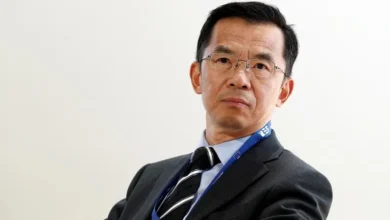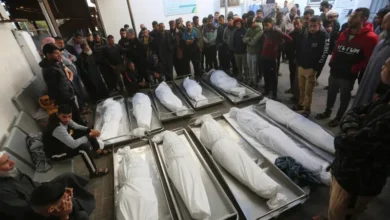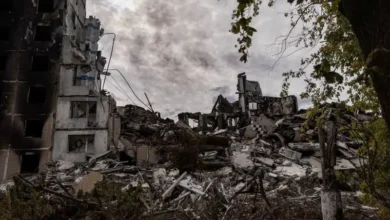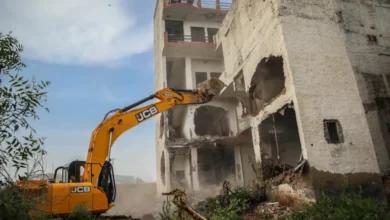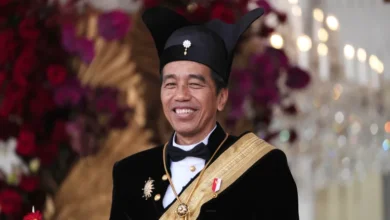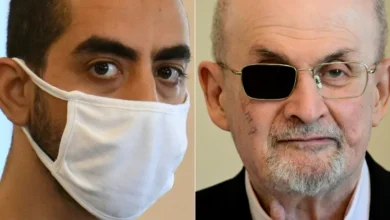In Modi’s constituency Varanasi, India’s next temple-mosque spat explodes
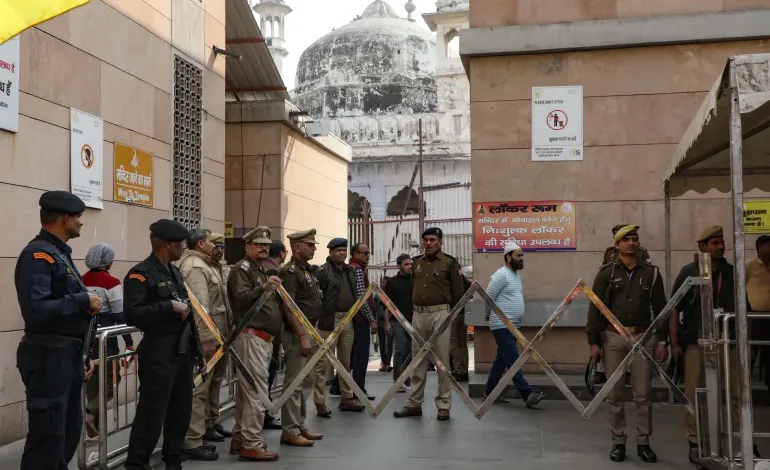
A festive atmosphere engulfed Varanasi, one of Hinduism’s holiest cities situated on the banks of the river Ganga.
It was the week Prime Minister Narendra Modi had inaugurated the new temple to the Hindu deity Ram where the 16th century Babri Masjid once stood in the city of Ayodhya, 200km (124 miles) to the north.
In Varanasi, the streets and boats on the river were decked up with saffron flags bearing illustrations of Ram. Outside Varanasi’s famous and historic Kashi Vishwanath temple, the smell of burning camphor and the sound of Indian classical music drifted through the air as pilgrims flocked in large numbers to the temple to offer their prayers.
But next door, towards the west of the temple, the carnival-like spirit was replaced with a strict and sombre atmosphere, with barricades and police officers greeting crowds.
The officers were guarding the Gyanvapi Mosque – which is widely believed to have been built on the ruins of a 16th-century Kashi Vishwanath temple demolished by Mughal emperor Aurangzeb in 1669.
While the partially ruined Kashi temple has been reconstructed and stands adjacent to the Gyanvapi Mosque, Hindu supremacist groups have been trying to reclaim the mosque for decades.
In May 2022, some Hindu patrons went to the Varanasi local court asking for permission to worship within the mosque’s complex after a court-ordered video survey found that a ‘Shivling’ – a symbol of the Hindu deity Shiva – was found near the wuzukhana, a well used by Muslim devotees at the mosque.
This case gained momentum in January this year when a survey from the Archaeological Survey of India (ASI), among other things, stated that a large Hindu temple existed on the site before the mosque and that sculptures of Hindu deities were also present in the cellars of the mosque.
Within a few days, on January 31, Judge Ajaya Krishna Vishvesha from Varanasi’s local court passed an order ruling that Hindus would be allowed to pray in the mosque’s basement – a section which had been sealed due to security concerns.
“District court Varanasi has created history today,” Vishnu Jain, a Supreme Court lawyer representing the Hindu side said in a post on X.A day later, videos and images began appearing on social media of a priest offering prayers to the Hindu deities inside the mosque cellar.V
